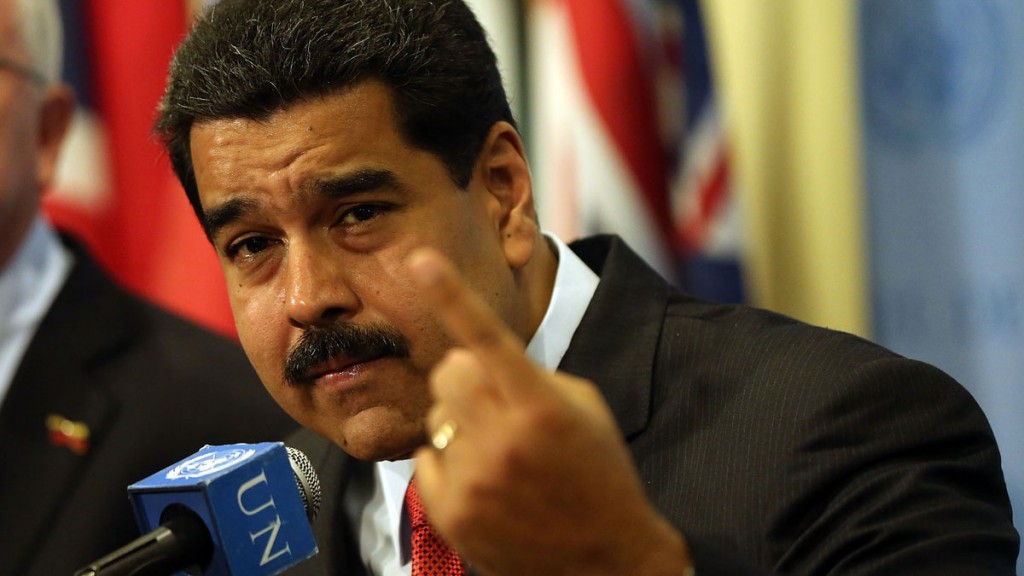
Venezuela’s economy “has gone from bad to worse to horrific”, says Jason Marczak of the Latin America Economic Growth Initiative. GDP is set to shrink by another 8% this year after a 5.7% contraction in 2015, reckons the International Monetary Fund, which anticipates inflation of 500%. Venezuela has the world’s biggest oil reserves and oil sales comprise 95% of the country’s revenue.
The slump in oil prices has badly dented growth, but the damage is also self-inflicted: a “Bolivarian revolution” consisting of traditional state socialism (a populist spending spree, nationalisations of private firms and money printing) has had the traditional result. To conserve foreign exchange and meet its obligations, the government has clamped down on imports, which are now at a 12-year low, a policy that will exacerbate shortages.
Foreign reserves have dwindled to a 13-year low of $12.2bn. Gold makes up 70% of these reserves, and is being sold off rapidly. In the first quarter Venezuela ditched 16% of its gold to make ends meet, the biggest sale by a central bank in nine years. All this is designed to avoid a default on around $120bn of foreign debt, says Rick Gladstone in The New York Times.
A $7bn payment is due later this year. To complicate life further, some of the debt is held through the state oil company PDVSA, the main generator of revenue for the country. A default could trigger protracted lawsuits from bondholders abroad. “If you default on PDVSA, you have Argentina 2, and nobody wants that,” says White-Bridge Capital Management.
The government may well avoid a default in 2016, Patrick Esteruelas of Emso told Bloomberg.com, but “next year’s ability to pay will depend on… imponderables, such as where oil prices will be and whether the current government will still be in office”.
The political backdrop is deteriorating. President Maduro has been criticised by senior military officers, says James Hider in The Times. He may be losing the support of the army, “previously a linchpin of his stability”.